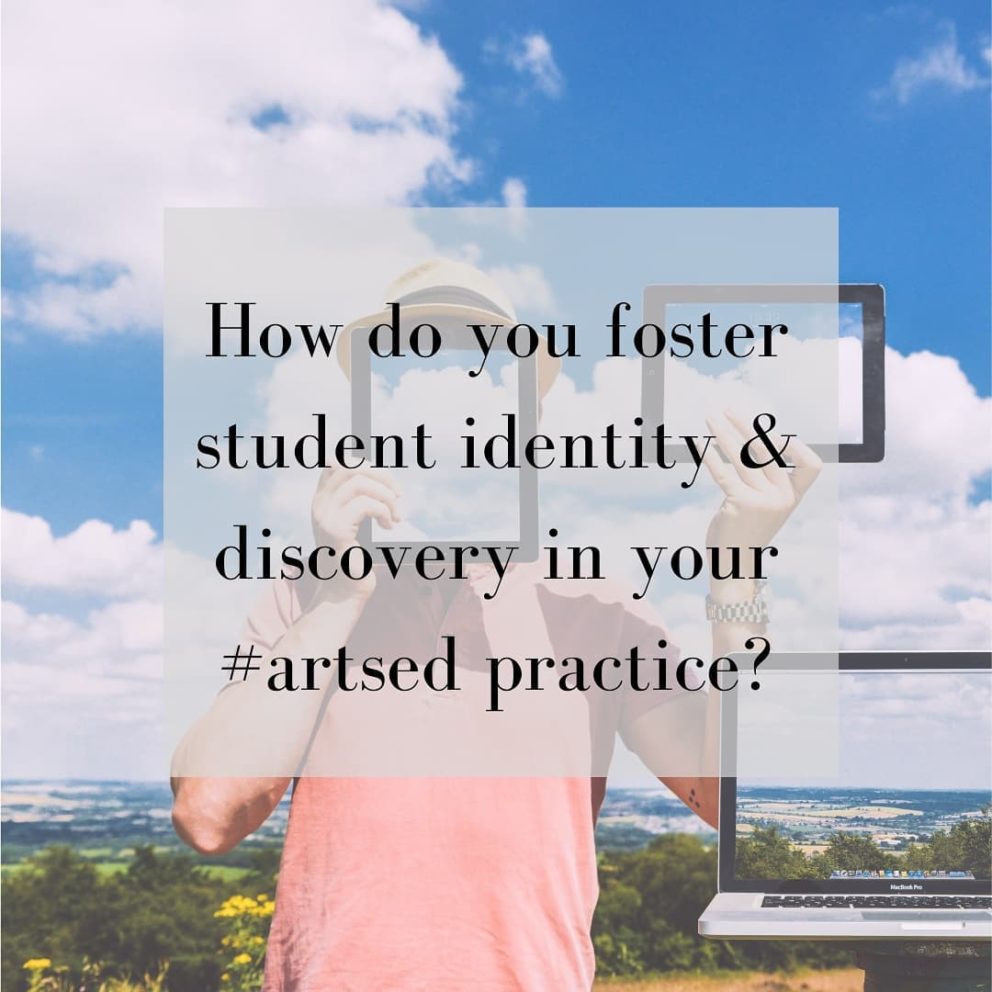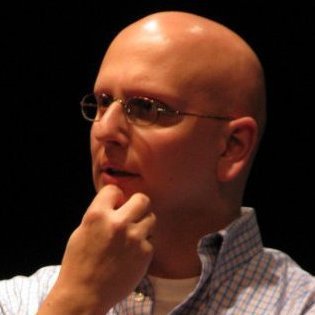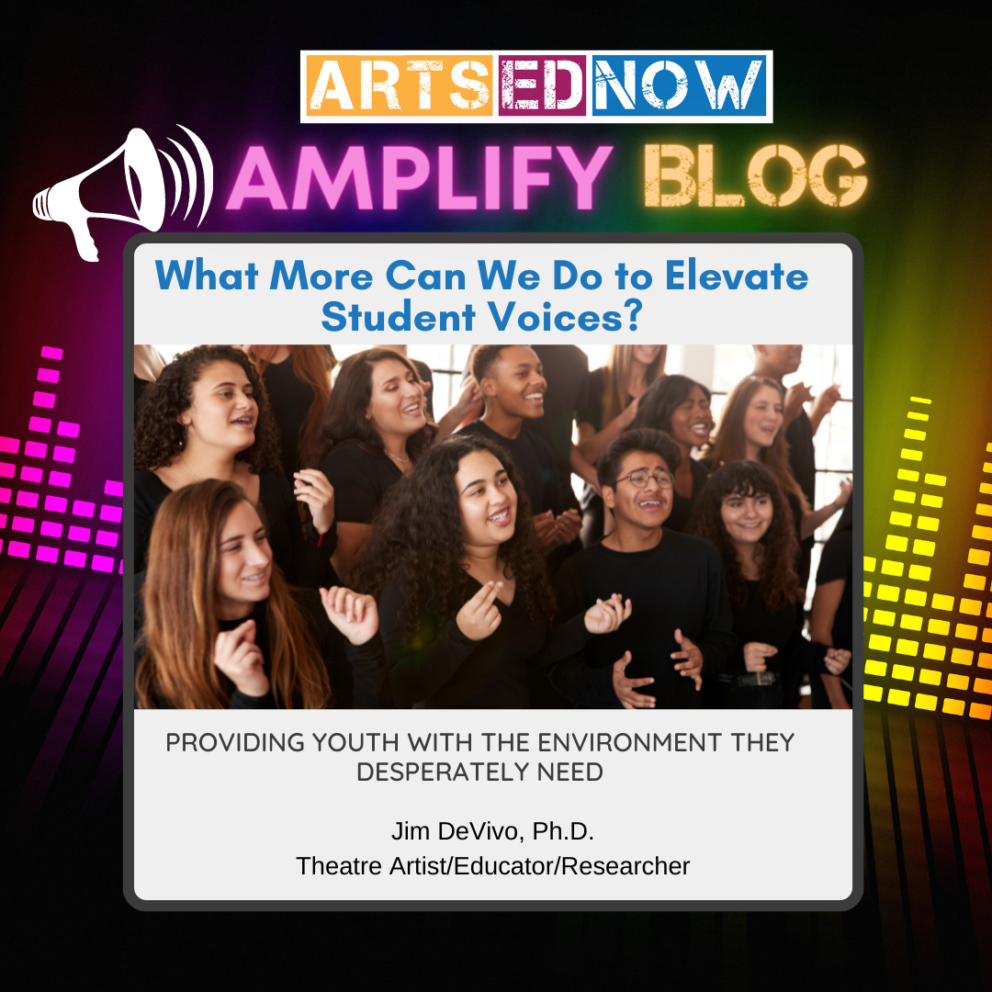
What More Can We Do to Elevate Student Voices?
providing youth with the environment they desperately need
with Jim DeVivo, Ph.D.
Excited to share that news that next week (July 18-22), I will be taking over the social media accounts for Arts Ed NJ! I did this last year and had a great time connecting with arts educators across the state about what I was thinking and doing leading up to the new school year.
You can see reposts of that takeover on my old blog at jimdevivo.blogspot.com under the tab for August 2021 and check out the two topics below…


The posts for this year will be on the Arts Ed NJ socials @artsednj.
In the meanwhile, check our my post on…
” What More Can We Do to Elevate Student Voices? “
._____________________
Many years ago, while the New Jersey Young Playwrights Festival was still in operation, I pitched the idea of including youth work alongside, or in connection with, new plays written by adults. In my mind, it created an audience for the new work written by adults, elevated the work of young people, and established a mentor connection between the two parties. “Youth writing needs a home!” I pleaded, but was met with a polite rejection and the response that the home for youth-written plays lies with me (and the program I ran).
That response has haunted me all these years, particularly as the NJ Young Playwrights Festival disappeared with the theatre company that hosted it. It has been somewhat comforting to see new programs emerge around the world (see the Young Playwrights Guide for listings), but those are often localized and inaccessible to young writers in my area. I’ve often thought of beginning my own program, but can’t make the commitment with my current schedule. However, I may get the chance sooner than I think…
After four days of final exams, my high school met for a half day of “instruction”. I was scheduled for an Acting 2 class and a Playwriting class in the morning and planned to spend the allotted 35 minutes talking and listening to the students. Letting them lead the session. Only three of the Acting students arrived, so that conversation was short-lived. The Playwriting class appeared in force and we had an excellent discussion about new work and the opportunities they sought.
I used the Guide to make suggestions about where some students could submit their work. They would need to wait until next year as deadlines for our local and all of the national contests had passed. They had some excellent observations about the young playwrights field:
-
why aren’t there deadlines in the summer?
-
why so few opportunities in our area?
-
what if they were in process with a script that wasn’t “quite ready” for production?
-
why don’t the 100+ programs around the globe work together?
Excellent questions, all of them! Some have been bounced around the field in years past; all need further consideration.
And then, I had a moment of clarity. I’ve been wanting to produce youth playwriting for years, but didn’t have the schedule… or resources. Next school year, I will be the only teacher directing plays at the school, which includes an annual spring festival of one-acts. It is produced after the Playwriting class finishes their scripts, so why not produce some new work then?
One of the students in Tuesday’s conversation has a script that is “quite ready” for that step. I spoke with her and wrote home to suggest the idea. Perhaps there will be others in the fall that work, too. It is an exciting idea to work on over the summer!
And all of it just comes together to ask the question I’ve had for so long:
What more can we do to elevate student voices?
Generally, I think about this in the theatrical realm, but it applies to all creative and academic forums. My dissertation findings highlighted the need for something long-term. We’re seeing that in pockets across the United States. We also just need more opportunities for youth to write and share their work. As Gerald Chapman wrote, playwriting in schools is rare because of the perception that it is dangerous. In a workshop environment it doesn’t have to be dangerous. Set up parameters for the students to work within and coach them as they go. And then get their work out there. Take them seriously. There’s so much good that will come from it.


